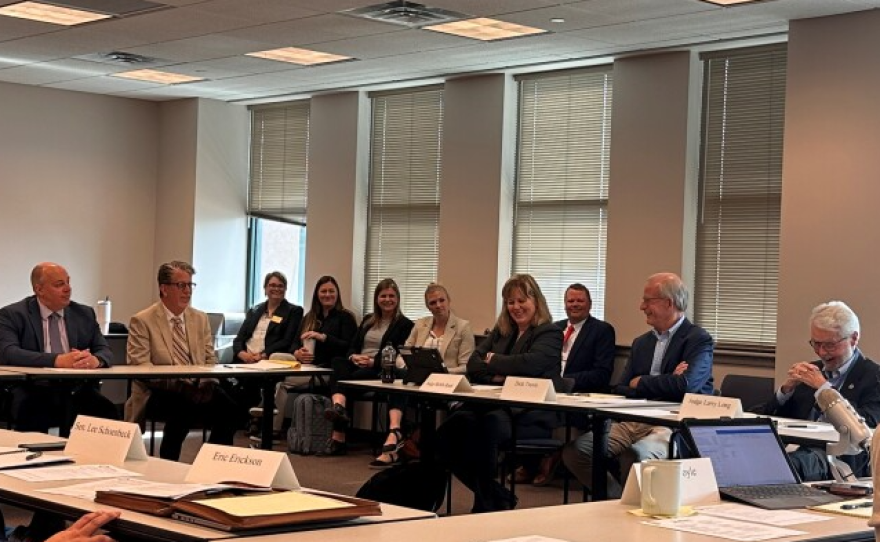Recent legislation has led to the development of a new state office – the Office of Indigent Legal Services.
The group, which aims to improve the system helping those who can't afford legal services, held its first meeting Thursday.
Prior to House Bill 1057, indigent legal services were the responsibility of individual counties. This new office takes the case load pressure from counties and offset the costs.
One of the first acts of the committee was voting Dean of the Knudson School of Law Neil Fulton as as its chair.
“I think we had a more productive meeting than I expected. Our first tasks were to get organized, get a chair selected, start making some plans on when and how we would meet going forward," said Fulton. "We were also able to get some plans to get support from the executive branch of state government on IT and HR things, and also, I think most importantly, be on track to get an advertisement out to hire the chief defender, which is the most critical thing we will do in our first months of our operation, to find the leader for that office going forward.”
Greg Sattizahn is the president of the Conference of State Court Administrators. He played a large role in the original gathering of counties and various levels of government to bring the commission together.

“I’m a little bit astounded that it happened so quickly. This is a big deal really, when I think about it I think its’ one of the biggest things since we unified the court system which was moving from a county-based court system to state-based. To me, this is really the start of a larger change. So, it was really gratifying to see how it all came together,” said Sattizahn.
The commission is made up of nine people. Three appointed by the governor, three by the Chief Justice of the Supreme Court, one from each legislative body, and one appointed by the executive director of the South Dakota Association of County Commissioners.
The commissioners agreed on a monthly meeting schedule with June’s meeting focused on narrowing down the candidates for chief defender of the state’s new program.


